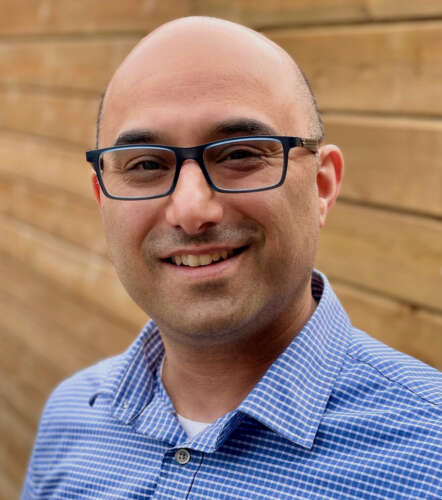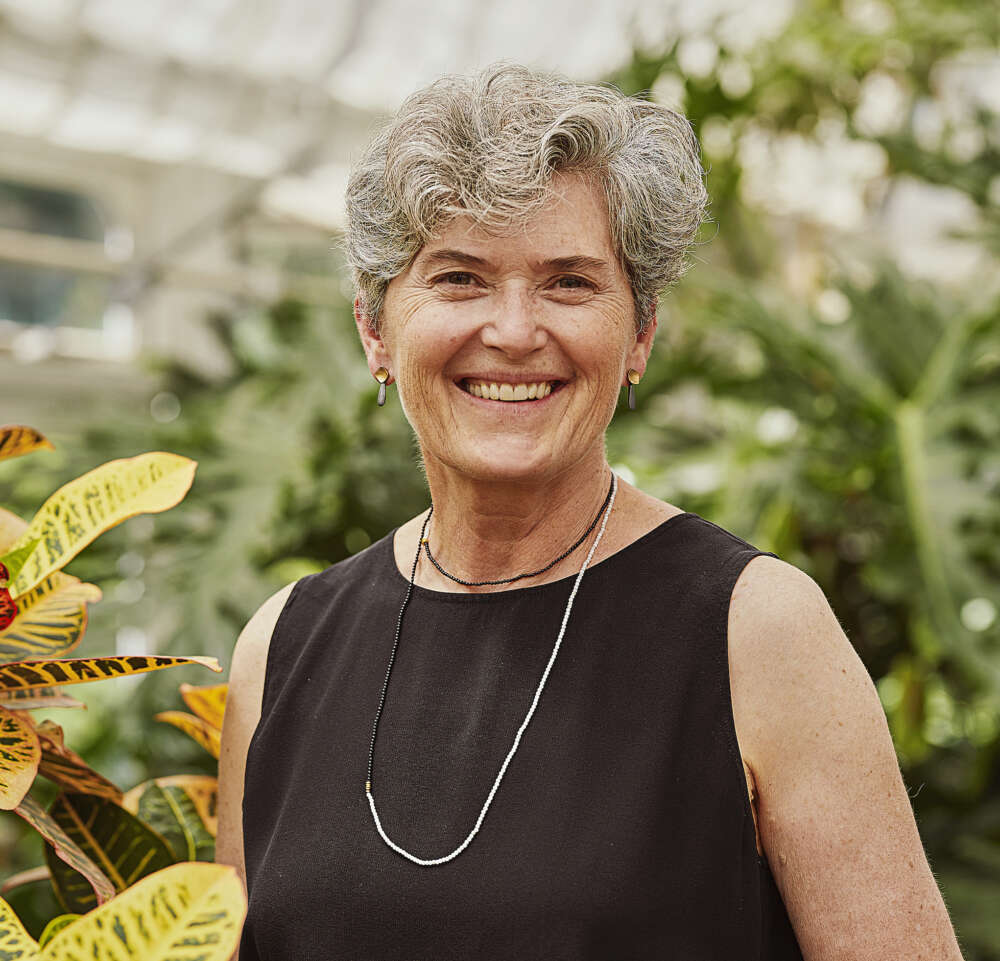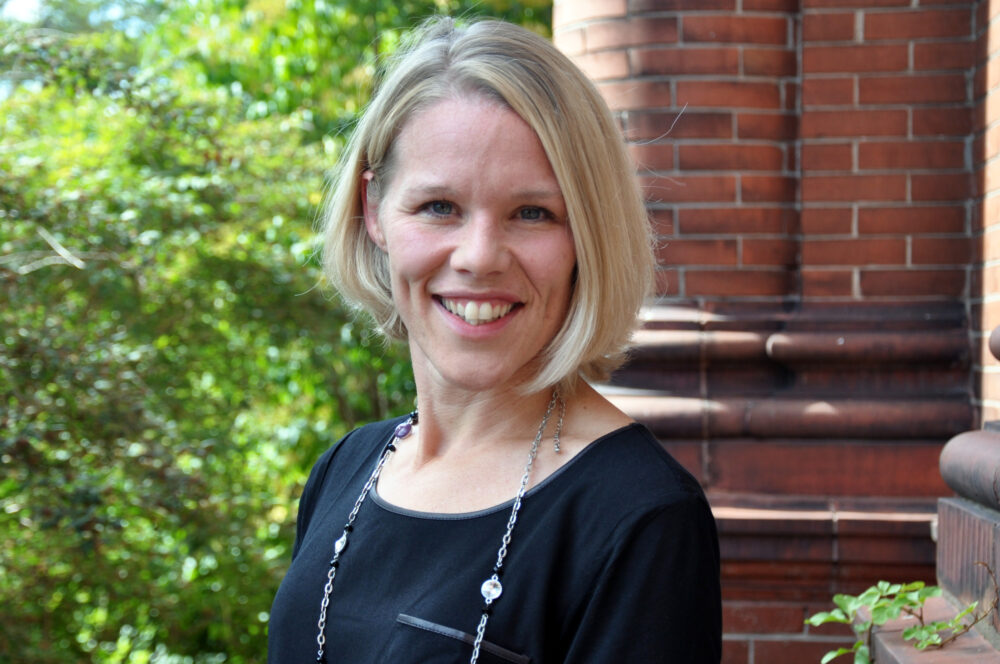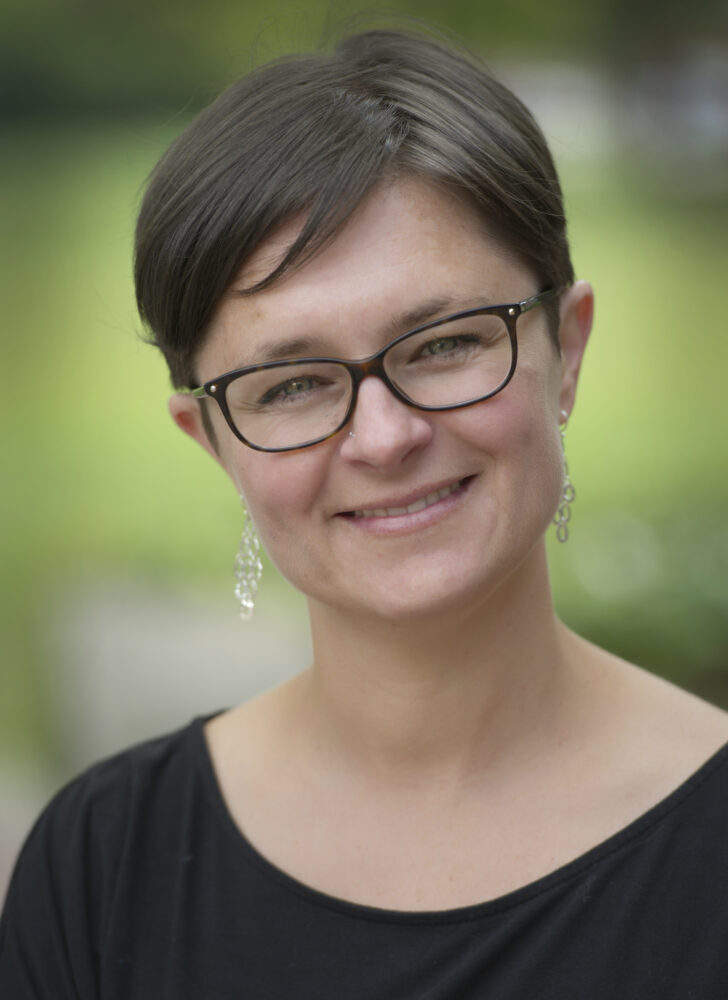Ten University of Guelph faculty members studying everything from bio-renewable fuels to healthy workplaces to companion animal nutrition have been named University of Guelph Research Leadership Chairs (RLCs).
Launched in 2017, the RLC program recognizes mid- to late-career researchers who have received national and international recognition for significant contributions to their fields of study, while also training highly qualified personnel and contributing to the betterment of society.
“These 10 new Research Leadership Chairs exemplify the innovation in thought, approach and practice that characterizes research and teaching at the University of Guelph,” said Dr. Rene Van Acker, vice-president (research). “We are pleased they have made the University of Guelph their home, and we proudly celebrate the contributions they make to improving life on campus and around the globe.”
Each RLC will receive $45,000 over three years for their research, including training for students, post-doctoral researchers and other highly qualified personnel. Nominees are recommended by their respective colleges.
College of Biological Science

Dr. Cezar Khursigara, Department of Molecular and Cellular Biology
Khursigara combines mass spectrometry-based proteomics and imaging techniques to study antimicrobial resistance in bacterial biofilms, which are clusters of bacteria which secrete a coating that protects them from antibiotics, and bacterial-host interactions.

Dr. Andrew MacDougall, Department of Integrative Biology
MacDougall studies the impacts of global environmental change on biological diversity and ecosystem function in the natural world, as well as the implications these changes could have for policy, conservation management and sustainable food production.
College of Engineering and Physical Sciences

Dr. Animesh Dutta, School of Engineering
Dutta specializes in advancing clean and sustainable energy technologies, adapting to global shifts. He and his team convert biomass and diverse waste — agricultural residues, plastic and food processing byproducts — into bio-renewable fuels, chemicals and materials.

Dr. Beth Parker, School of Engineering
Parker is an expert on the movement and fate of contaminants in groundwater. Her research has led to new technologies that have been used to remediate contaminated sites around the world and directly benefit source water protection in Guelph and neighbouring areas.
College of Social and Applied Human Sciences

Dr. Jess Haines, Department of Family Relations and Applied Nutrition
Haines focuses on supporting nutritious and environmentally sustainable eating. She uses an interdisciplinary research approach that engages key knowledge users in the research process to develop novel and scalable family- and community-based interventions to promote lasting behaviour change.

Dr. Stephen Lewis, Department of Psychology
Lewis studies non-suicidal self-injury and related mental health difficulties among youth and emerging adults. His research, conducted with people who have lived experience, aims to promote recovery, enhance resiliency and foster a more compassionate understanding of these challenges.
Gordon S. Lang School of Business and Economics

Dr. Laurie Barclay, Department of Management
Barclay studies how organizations can create and maintain healthy workplaces through fairness, leadership, and EDI (equity, diversity, and inclusion). Several workplace interventions Barclay has developed are used around the world by companies and in executive training.
Ontario Agricultural College

Dr. Flavio Schenkel, Department of Animal Biosciences
Schenkel develops genomic selection techniques to assess and improve genetic traits in livestock. His recent contributions to the genetic evaluation for feed and methane efficiency in dairy cattle have strengthened the Canadian dairy industry.

Dr. Anna Kate Shoveller, Department of Animal Biosciences
Shoveller investigates the role of dietary nutrients on the digestion, metabolism, and behaviour of cats, dogs and horses. Her research helps the petfood industry continually innovate to support the health and well-being of our companion animals.
Ontario Veterinary College

Dr. Melissa Perreault, Department of Biomedical Sciences
Perreault explores how sex differences impact the cellular mechanisms that underlie stress, mood, and conditions such as depression, schizophrenia and autism spectrum disorders to improve diagnosis and provide more personalized approaches to treatment, especially for women.
